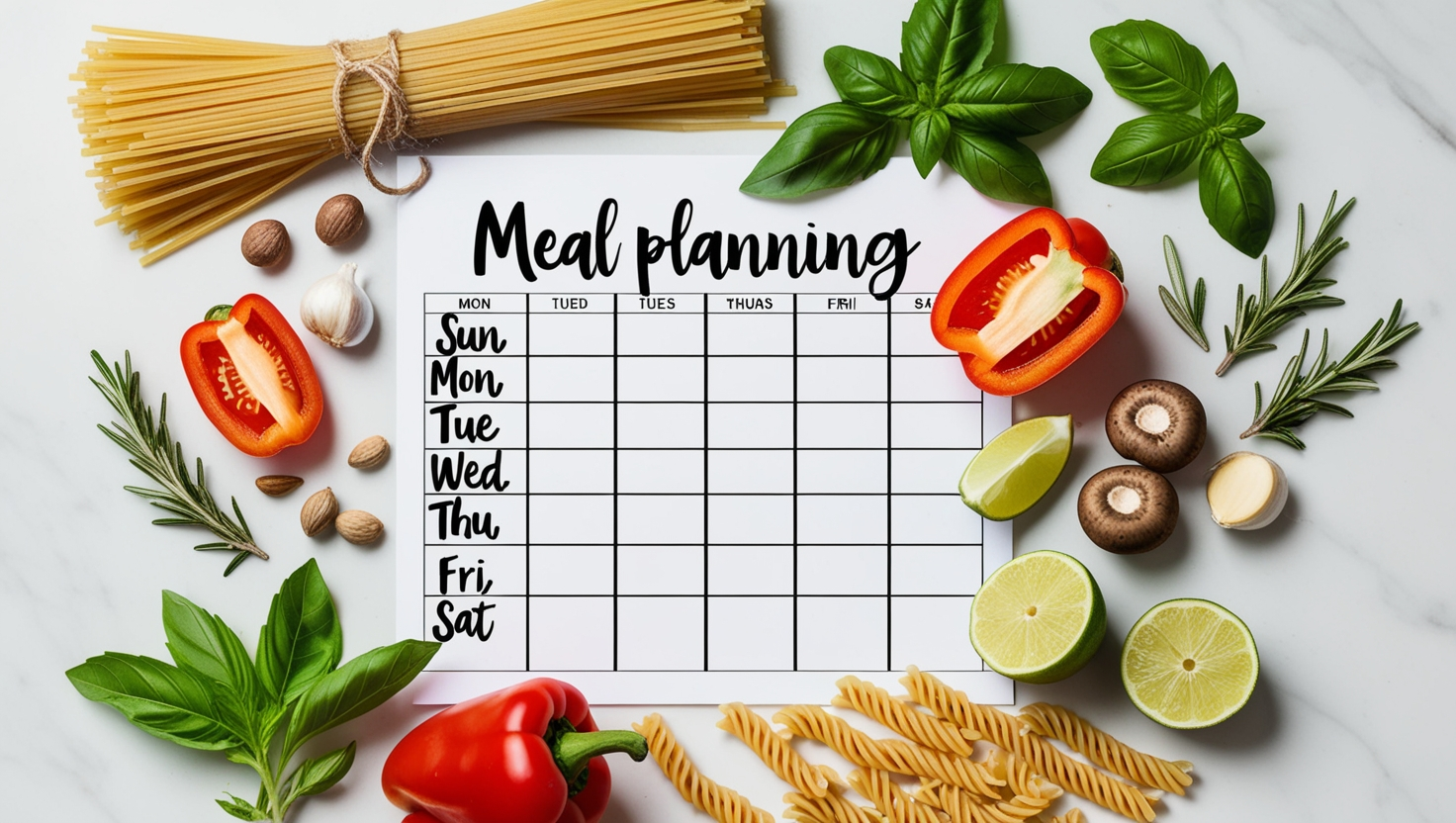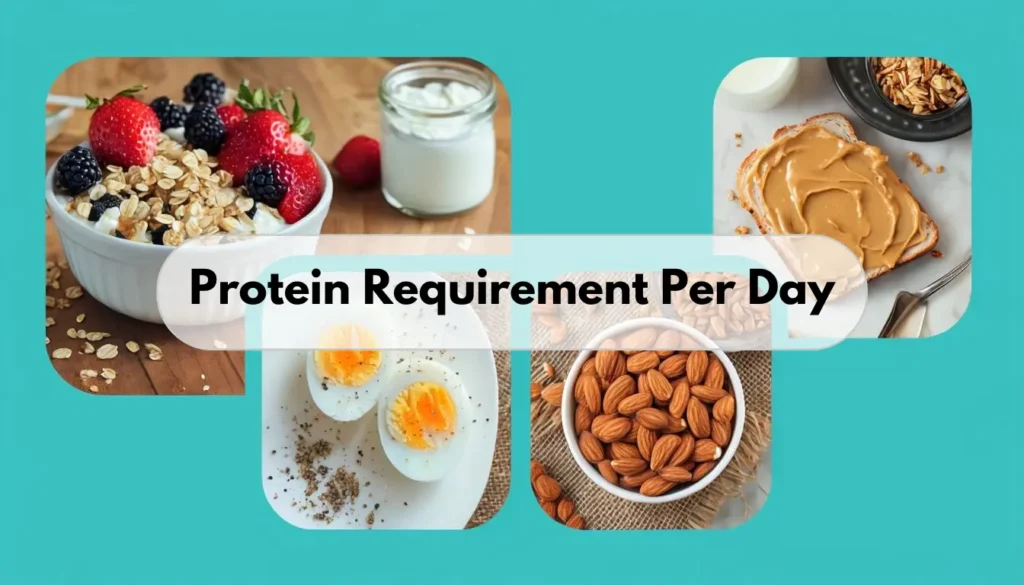
Introduction: Why Protein Is Essential
Protein plays a vital role in various cellular processes. It helps in the creation of enzymes that facilitate biochemical reactions, aids in the transportation of molecules, and supports the structure of cells and tissues throughout the body. Without adequate protein, the body may struggle with growth, repair, and overall functioning.
Understanding the role of protein can significantly affect dietary choices. For instance, those engaging in regular exercise or heavy physical work might need to place a greater emphasis on their protein sources compared to more sedentary individuals.
Protein Intake is a cornerstone of nutrition, critical for numerous bodily functions, including muscle repair, hormone production, and immune defense. Whether you’re an athlete, a busy professional, or someone aiming for better health, understanding your protein requirements can help optimize your diet and well-being.
Factors That Influence Protein Needs
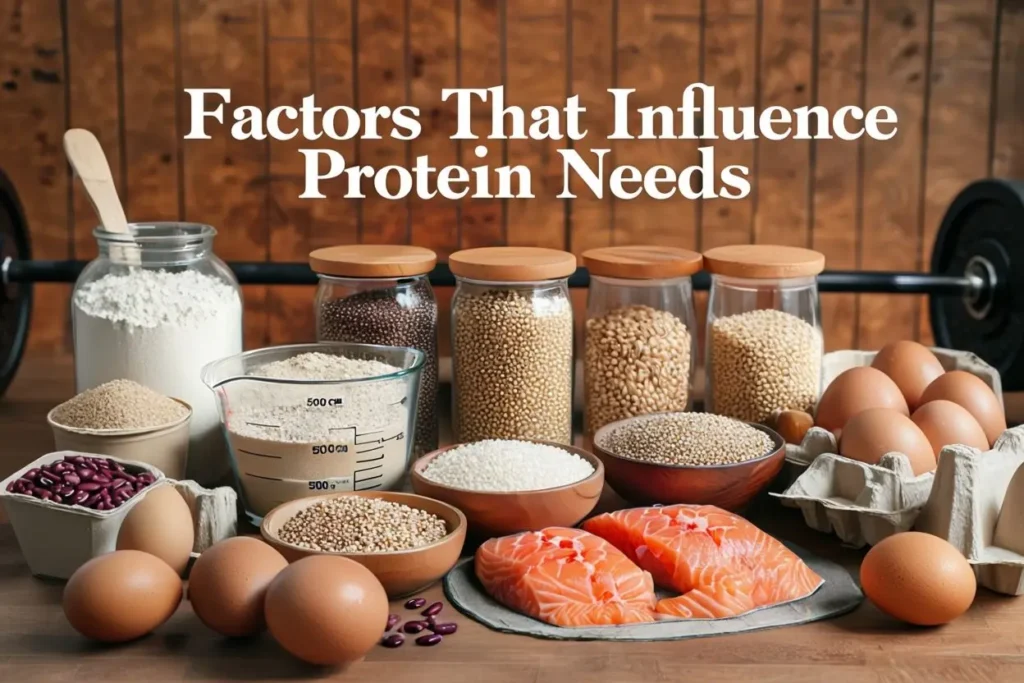
Moreover, personal factors beyond just activity level can further complicate protein needs. Genetic predispositions, metabolic rates, and dietary preferences should also be taken into account when assessing protein intake.
Protein requirements aren’t one-size-fits-all. They depend on several key factors:
Additionally, understanding the differences between complete and incomplete proteins can guide better dietary choices. Complete proteins contain all essential amino acids and are typically found in animal products, while most plant-based proteins are incomplete.
- Age: As we age, maintaining muscle mass becomes crucial, often requiring higher protein intake.
- Activity Level: Active individuals and athletes burn through more protein, increasing their daily needs.
- Health Objectives: Goals like weight loss, muscle building, or simply staying healthy affect protein demands.
- Medical Conditions: Pregnancy, chronic illnesses, or recovery from injury can raise protein requirements.
It’s also important to recognize how protein quality varies. Factors like amino acid profiles, digestibility, and nutrient density are essential in determining how beneficial a protein source is for overall health.
Recommended Protein Intake Guidelines
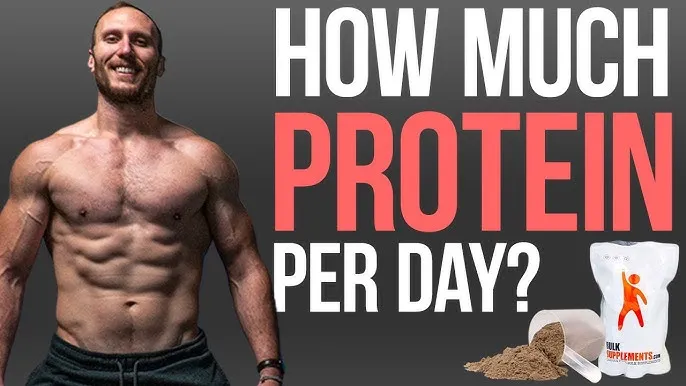
Understanding how to balance proteins with other macronutrients, such as fats and carbohydrates, can enhance the effectiveness of your diet. A balanced approach supports sustained energy levels and overall well-being.
Additionally, cooking methods can impact protein quality. For instance, grilling or steaming can preserve more nutrients compared to frying, which can add unhealthy fats.
General Protein Recommendations
The Dietary Reference Intake (DRI) recommends:
- 0.8 grams per kilogram of body weight daily for sedentary adults.
Maintaining a protein-rich diet can also be crucial in recovery from illness or injury. It helps repair tissues and supports immune function, which is vital in healing processes.
For example, a 70 kg (154 lbs) person should consume about 56 grams of protein daily. If you’re unsure about your needs, try this protein calculator for personalized estimates.
Age-Specific Protein Needs
- Children (4–13 years): 0.95g/kg of body weight.
- Teens (14–18 years): 0.85g/kg.
- Adults (19–50 years): 0.8g/kg.
- Seniors (51+ years): 1.0–1.2g/kg to support muscle health and prevent frailty.
Protein for Athletes and Active Lifestyles
- Endurance Training: 1.2–1.4g/kg.
- Strength Training: 1.6–2.0g/kg for muscle repair and growth.
Check out high-protein supplements to meet these elevated requirements conveniently.
Protein for Weight Management
Protein aids in weight loss by:
- Suppressing appetite and reducing snacking.
- Preserving muscle mass while losing fat.
- Slightly boosting metabolism.
Aim to derive 20–30% of your daily calories from protein. For portion ideas, explore portion-controlled protein snacks for convenient options.
Signs You May Not Be Getting Enough Protein

Credit: www.express.co.uk
Moreover, tracking your protein intake can be beneficial in meeting your dietary goals. Utilize nutrition apps or food diaries to maintain accountability.
If your diet is low in protein, you may experience symptoms like:
When considering protein sources, lean meats, dairy, legumes, and nuts should be staples in a protein-rich diet. Incorporating these into meals can help meet daily requirements.
- Fatigue and reduced physical performance.
- Hair thinning and brittle nails.
- Poor recovery from workouts.
- Frequent illness or a compromised immune system.
Address these issues by incorporating protein-rich meal ideas into your diet.
Best Sources of Protein
For those recovering from surgery or illness, incorporating high-protein foods can speed up recovery. Foods like chicken, fish, and legumes should be emphasized in their diet.
Lastly, encourage exploring various recipes that feature high-protein ingredients. This not only helps in meeting protein goals but also keeps meals exciting and flavorful.
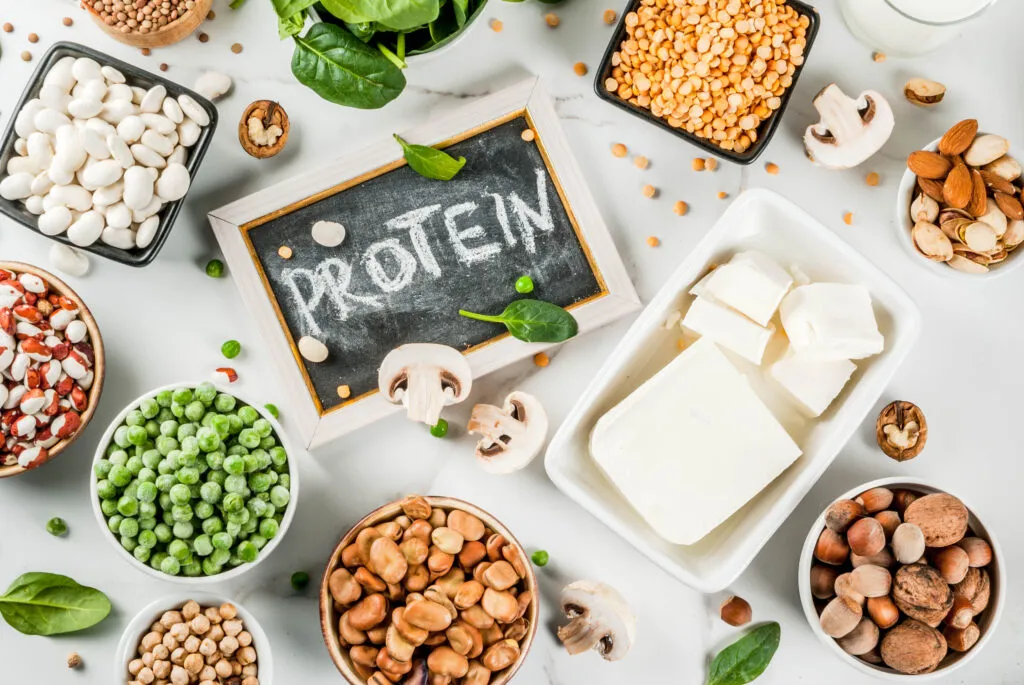
Credit: anitabean.co.uk
Animal-Based Proteins
- Chicken Breast: 31g/100g. Try cooking with a non-stick grill pan for easy meal prep.
- Eggs: 6g per large egg. Discover the convenience of egg poachers.
- Greek Yogurt: 10g/100g. A great addition to smoothies or snacks.
- Fish: 20g/100g. Options like salmon and tuna offer additional omega-3 benefits.
- Beef: 26g/100g. Select lean cuts for a heart-healthy choice.
Plant-Based Proteins
- Lentils: 9g/100g. Pair with meal prep containers for quick lunches.
- Quinoa: 8g/100g. A versatile grain for salads or bowls.
- Chickpeas: 19g/100g. Use in curries, hummus, or roasted snacks.
- Tofu: 8g/100g. Perfect for stir-fries or plant-based bowls.
- Nuts and Seeds: 5–7g per 30g serving. Pack a handful of trail mix for on-the-go protein.
Common Questions About Protein
Q1: Can you consume too much protein?
A: While high-protein diets are generally safe, overconsumption may strain the kidneys in those with pre-existing issues. Moderation is key.
Q2: When is the best time to eat protein?
A: Eating protein before workouts fuels performance, while post-workout intake aids recovery. Consider protein shakes for quick nutrition.
Q3: How can vegetarians meet protein requirements?
A: Focus on diverse plant-based sources like lentils, tofu, and quinoa. Plant-based protein powders are also effective.
Conclusion: Making Protein Part of Your Healthy Routine
In conclusion, protein is a crucial element that contributes to overall health and wellness. By educating yourself about your protein needs and selecting diverse sources, you can enhance your diet and support your health objectives. Additionally, tailoring your protein intake to your lifestyle, whether for athletic performance, weight management, or recovery, will aid in achieving your desired outcomes. Making protein an integral part of your diet fuels your body and empowers you to thrive in your daily activities.



